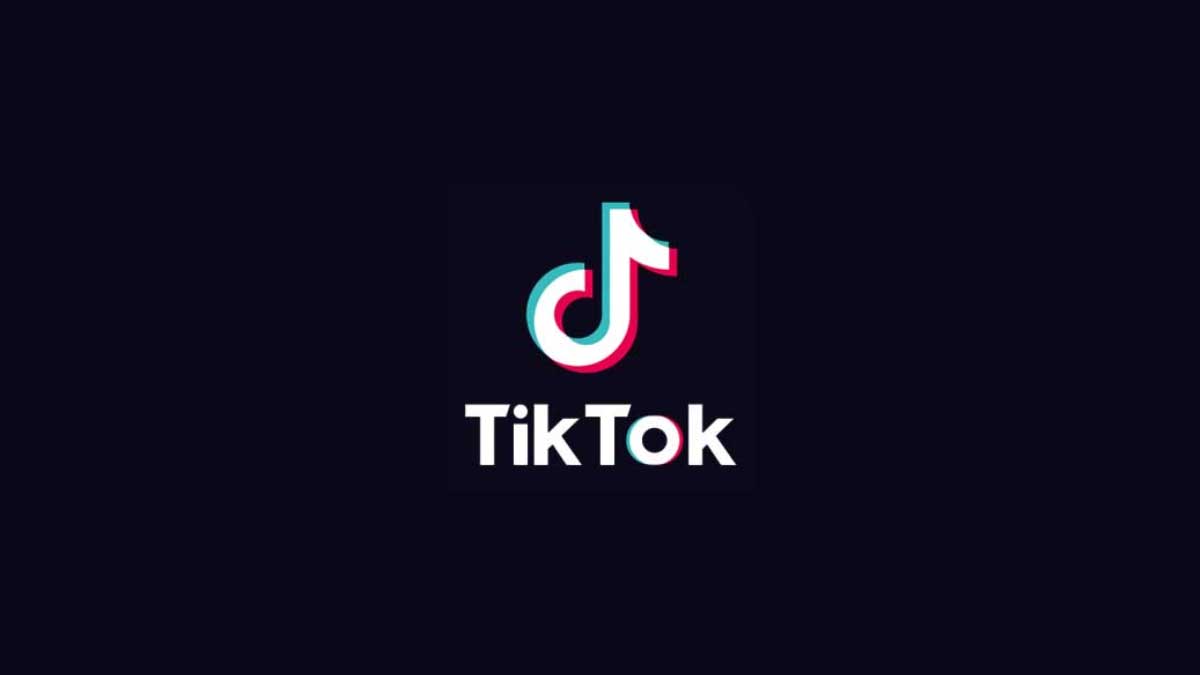- Home
- Billionaires
- Investing Newsletters
- 193CC 1000
- Article Layout 2
- Article Layout 3
- Article Layout 4
- Article Layout 5
- Article Layout 6
- Article Layout 7
- Article Layout 8
- Article Layout 9
- Article Layout 10
- Article Layout 11
- Article Layout 12
- Article Layout 13
- Article Layout 14
- Article Sidebar
- Post Format
- pages
- Archive Layouts
- Post Gallery
- Post Video Background
- Post Review
- Sponsored Post
- Leadership
- Business
- Money
- Small Business
- Innovation
- Shop
Recent Posts
TikTok Fights U.S. Ban, Requests Supreme Court Review

TikTok has formally requested a pause on a federal court ruling that upholds legislation requiring the company to divest from its Chinese parent company, ByteDance, or face a ban from U.S. app stores. The appeal, filed with the U.S. Court of Appeals for the D.C. Circuit, seeks an injunction to temporarily halt the enforcement of the law. TikTok aims to use this pause to petition the Supreme Court for a review of the case and to allow time for President-elect Donald Trump to potentially intervene and block the ban.
The recent court ruling upheld the federal law as a measure to address national security concerns tied to TikTok’s Chinese ownership. TikTok argues that the enforcement of the law should be paused to avoid immediate consequences while the case is reviewed by the Supreme Court. The company highlighted the importance of giving the high court the opportunity to deliberate on what it describes as a matter of constitutional and procedural significance.
TikTok’s filing also pointed to the possibility of the incoming Trump administration influencing the outcome. Reports indicate that Trump is opposed to the ban and might seek alternatives to mitigate its impact. TikTok argued that there is a reasonable chance the administration could suspend enforcement of the law, which would make further legal proceedings unnecessary. However, legal experts caution that Trump’s options for halting the ban are limited and fraught with challenges. While Trump could declare TikTok in compliance with the law’s requirements, companies like Apple and Google might still feel compelled to comply with the law to avoid potential backlash.
TikTok warned that banning the app, even temporarily, would cause “extreme and irreparable harm” to the company and its users. With 170 million monthly users in the U.S., TikTok emphasized the platform’s importance as a leading medium for speech and creativity. The company argued that a shutdown would damage its reputation, disrupt its ability to attract advertisers, and hinder talent recruitment. TikTok also stressed the risk of depriving millions of users and creators of a vital platform for expression.
The controversy surrounding TikTok stems from national security concerns, with lawmakers accusing the platform of mishandling user data and promoting Chinese propaganda. While TikTok has denied these allegations, the federal appeals court upheld the law, citing Congress’s judgment that banning the app—or requiring ByteDance to divest—is the least restrictive way to address these risks. The court rejected TikTok’s argument that the law infringes on its First Amendment rights, emphasizing that the legislation targets foreign ownership rather than censoring content.
Public support for a TikTok ban has waned over time. A Pew Research poll conducted in mid-2024 found that only 32% of U.S. adults support banning the app, down from 50% in March 2023. This decline reflects growing recognition of TikTok’s role as a major platform for creativity and communication, particularly among younger demographics.
TikTok has asked the appeals court to rule on its request for an injunction by December 16. If the request is denied, the company plans to seek an emergency ruling from the Supreme Court to block the law’s enforcement temporarily. However, TikTok emphasized its preference for a deliberate judicial process rather than an expedited resolution.
The outcome of this legal battle could have significant implications not only for TikTok but also for the broader tech industry and its relationship with national security policies. As TikTok awaits a decision, its future in the U.S. hangs in the balance, with millions of users and creators closely watching how this case unfolds.
Recent Posts
Categories
- 193 Countries Consortium Partner1
- 193cc Digital Assets2
- 5G1
- Aerospace & Defense48
- AI37
- Arts3
- Banking & Insurance11
- Big Data3
- Billionaires1,261
- Boats & Planes1
- Business332
- Careers13
- Cars & Bikes79
- CEO Network1
- CFO Network17
- CHRO Network1
- CIO Network1
- Cloud10
- CMO Network18
- Commercial Real Estate7
- Consultant1
- Consumer Tech194
- CxO1
- Cybersecurity73
- Dining1
- Diversity, Equity & Inclusion4
- Education7
- Energy8
- Enterprise Tech29
- Events11
- Fintech1
- Food & Drink2
- Franchises1
- Freelance1
- Future Of Work2
- Games149
- GIG1
- Healthcare79
- Hollywood & Entertainment203
- Houses1
- India’s 1000 Richest1
- Innovation46
- Investing2
- Investing Newsletters4
- Leadership65
- Lifestyle11
- Manufacturing1
- Markets20
- Media327
- Mobile phone1
- Money13
- Personal Finance2
- Policy569
- Real Estate1
- Research6
- Retail1
- Retirement1
- Small Business1
- SportsMoney42
- Style & Beauty1
- Success Income1
- Taxes2
- Travel10
- Uncategorized13
- Vices1
- Watches & Jewelry2
- world's billionaires1,230
- Worlds Richest Self-Made Women2
Related Articles
South Korea Plane Crash: A Tragic Loss and Global Mourning
The tragic plane crash at South Korea’s Muan International Airport on Sunday...
By 193cc Agency CouncilDecember 30, 2024H-1B Visa Debate Splits Trump Allies and Silicon Valley
The debate over H-1B visas has once again become a contentious issue,...
By 193cc Agency CouncilDecember 28, 2024Trump Moves $4B Stake in Truth Social Parent, Stock Drops 6%
Donald Trump recently transferred his 57% stake in Trump Media & Technology...
By 193cc Agency CouncilDecember 20, 2024House Rejects Trump-Backed Funding Bill, Shutdown Looms
The U.S. House of Representatives rejected a new government funding bill on...
By 193cc Agency CouncilDecember 20, 2024















Leave a comment